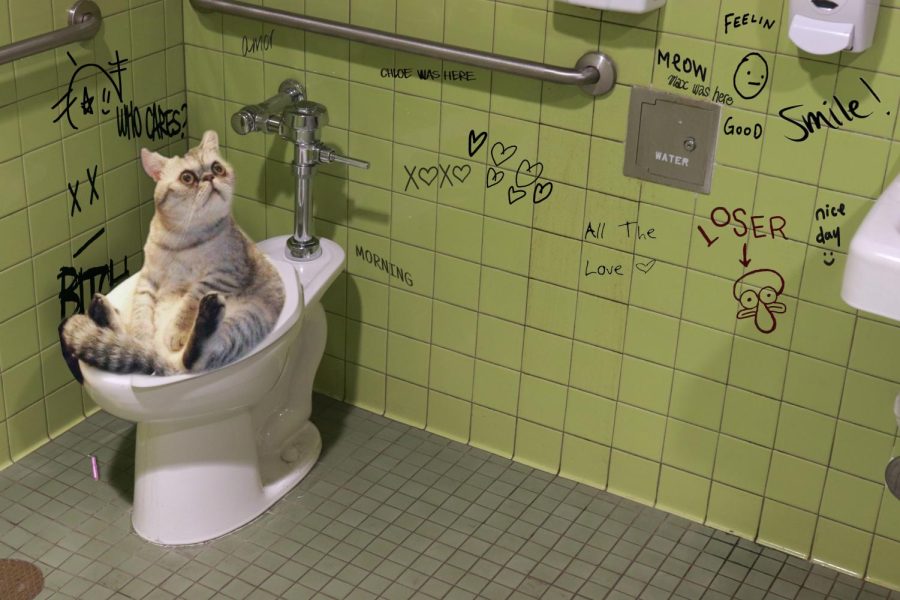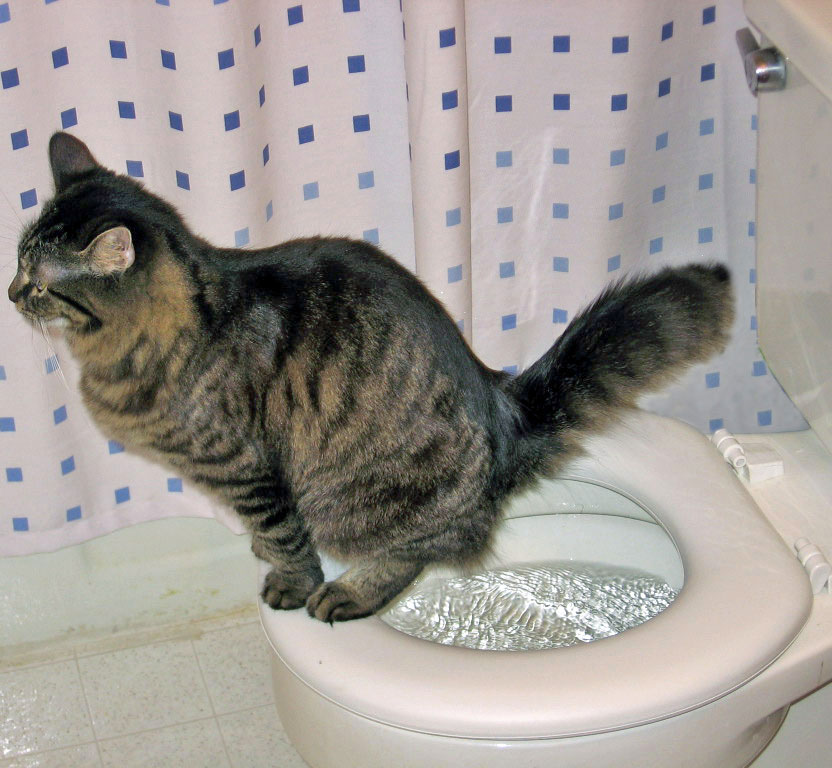Never Flush Cat Poop Down Your Toilet - Safeguard Your Plumbing Infrastructure
Call TodayThe publisher is making a few great annotation on How to Dispose of Cat Poop and Litter Without Plastic Bags in general in this article further down.

Introduction
As cat proprietors, it's important to be mindful of exactly how we get rid of our feline good friends' waste. While it may seem practical to flush cat poop down the commode, this method can have damaging repercussions for both the atmosphere and human health and wellness.
Alternatives to Flushing
Thankfully, there are much safer and a lot more responsible means to deal with cat poop. Think about the complying with alternatives:
1. Scoop and Dispose in Trash
The most common technique of disposing of pet cat poop is to scoop it into a naturally degradable bag and throw it in the garbage. Make certain to utilize a devoted clutter scoop and get rid of the waste immediately.
2. Use Biodegradable Litter
Go with naturally degradable feline clutter made from materials such as corn or wheat. These litters are eco-friendly and can be safely thrown away in the garbage.
3. Bury in the Yard
If you have a backyard, take into consideration hiding cat waste in a designated location away from veggie gardens and water resources. Make certain to dig deep enough to avoid contamination of groundwater.
4. Install a Pet Waste Disposal System
Purchase a pet dog garbage disposal system especially developed for feline waste. These systems use enzymes to break down the waste, minimizing smell and environmental effect.
Health Risks
In addition to ecological issues, purging pet cat waste can also posture health threats to humans. Feline feces might include Toxoplasma gondii, a bloodsucker that can create toxoplasmosis-- a potentially serious health problem, particularly for expectant women and individuals with damaged body immune systems.
Environmental Impact
Flushing feline poop presents unsafe pathogens and bloodsuckers right into the supply of water, positioning a substantial risk to marine ecosystems. These contaminants can adversely impact aquatic life and concession water top quality.
Conclusion
Responsible family pet possession expands past giving food and sanctuary-- it likewise involves correct waste administration. By avoiding purging feline poop down the commode and choosing alternative disposal methods, we can reduce our ecological footprint and safeguard human wellness.
Why You Should Never Flush Cat Poop Down the Toilet
A rose by any other name might smell as sweet, but not all poop is created equal. Toilets, and our sewage systems, are designed for human excrement, not animal waste. It might seem like it couldn’t hurt to toss cat feces into the loo, but it’s not a good idea to flush cat poop in the toilet.
First and foremost, assuming your cat uses a litter box, any waste is going to have litter on it. And even the smallest amount of litter can wreak havoc on plumbing.
Over time, small amounts build up, filling up your septic system. Most litter sold today is clumping; it is made from a type of clay that hardens when it gets wet. Ever tried to scrape old clumps from the bottom of a litter box? You know just how cement-hard it can get!
Now imagine just a small clump of that stuck in your pipes. A simple de-clogger like Drano isn’t going to cut it. And that means it’s going to cost you big time to fix it.
Parasitic Contamination
Believe it or not, your healthy kitty may be harboring a nasty parasite. Only cats excrete Toxoplasma in their feces. Yet it rarely causes serious health issues in the cats that are infected. Most people will be fine too if infected. Only pregnant women and people with compromised immune systems are at risk. (If you’ve ever heard how women who are expecting are excused from litter cleaning duty, Toxoplasma is why.)
But other animals may have a problem if infected with the parasite. And human water treatment systems aren’t designed to handle it. As a result, the systems don’t remove the parasite before discharging wastewater into local waterways. Fish, shellfish, and other marine life — otters in particular — are susceptible to toxoplasma. If exposed, most will end up with brain damage and many will die.
Depending on the species of fish, they may end up on someone’s fish hook and, ultimately on someone’s dinner plate. If that someone has a chronic illness, they’re at risk.
Skip the Toilet Training
We know there are folks out there who like to toilet train their cats. And we give them props, it takes a lot of work. But thanks to the toxoplasma, it’s not a good idea.

Do you appreciate reading about Don’t flush cat feces down the toilet? Try to leave feedback below. We'd be glad to listen to your thoughts about this page. We are looking forward that you visit us again later on. Enjoyed reading our entry? Please share it. Let others find it. Thank-you for taking the time to read it.
Book My Estimate